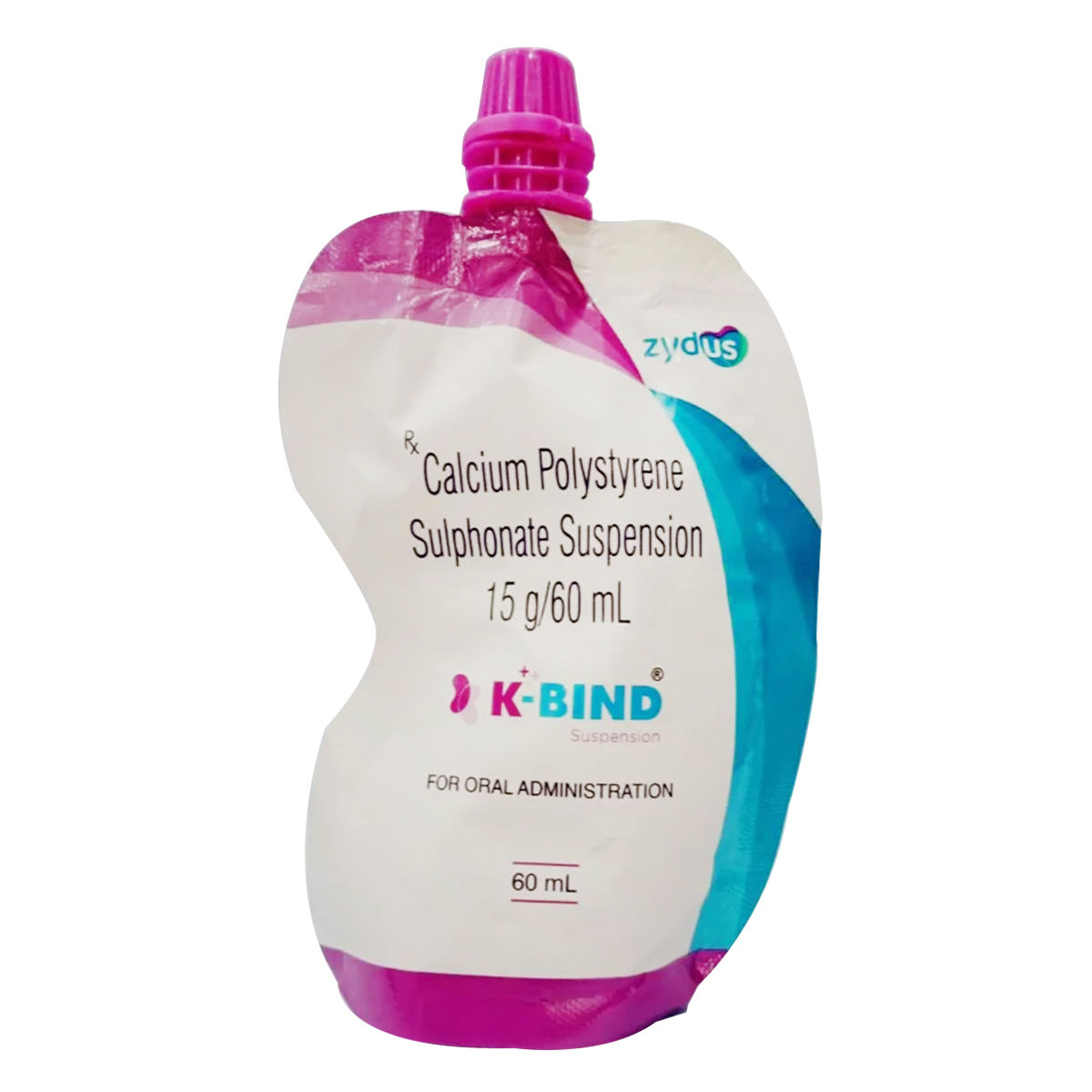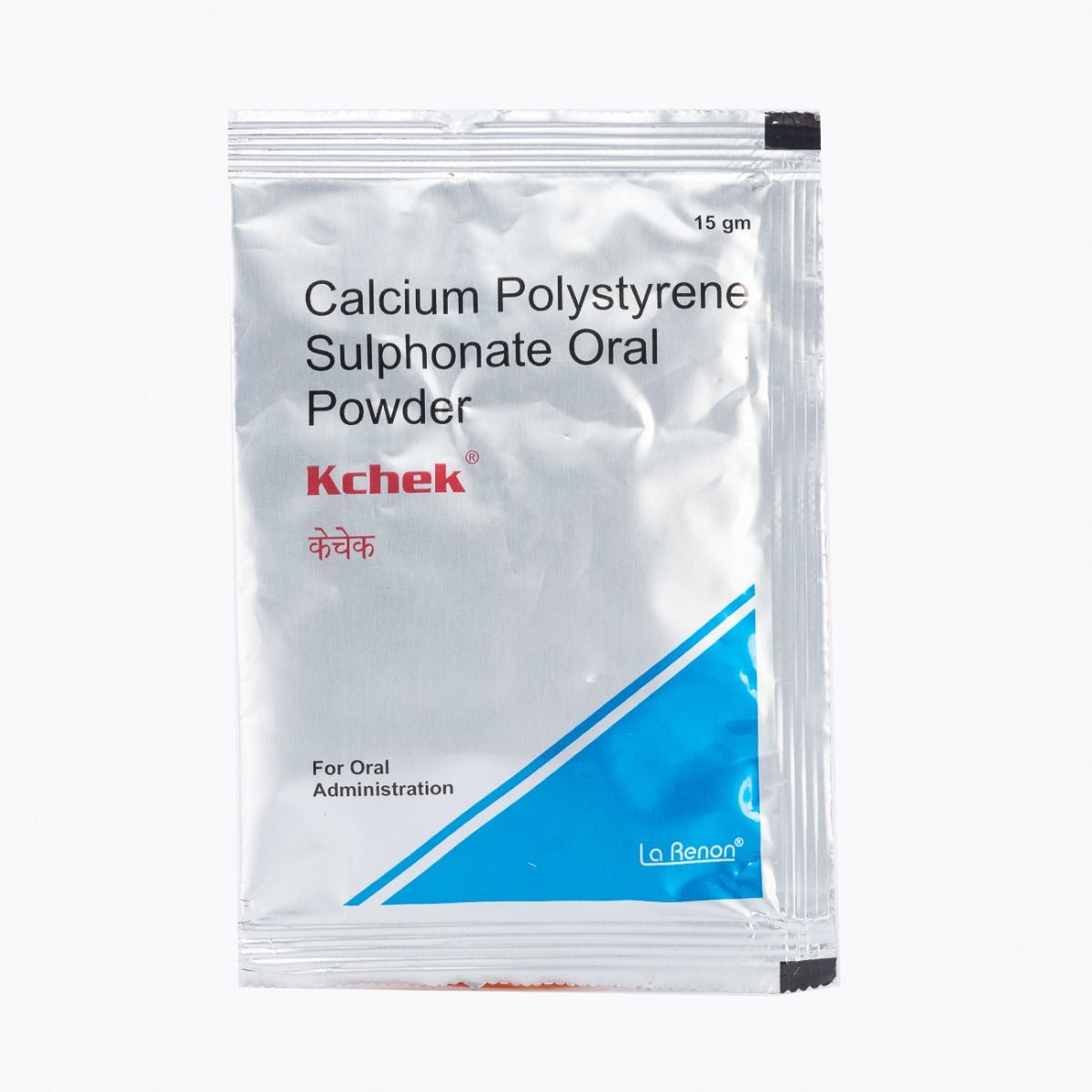Ketach Sachet 15.3 gm
Ketach Sachet 15.3 gm is used in patients with kidney problems and on dialysis to treat and manage hyperkalaemia. This medicine works by eliminating excess potassium from the system to restore normal levels. Common side effects include hypokalaemia, hypocalcaemia, muscle cramps, tiredness, muscle weakness, and cramps.
₹108*
MRP ₹120
10% off
₹102*
MRP ₹120
15% CB
₹18 cashback(15%)
Free Delivery
With Circle membership
(Inclusive of all Taxes)
This offer price is valid on orders above ₹800. Apply coupon PHARMA10/PHARMA18 (excluding restricted items)
Know Your Delivery Time
Provide Delivery Location

Whats That

Secure Payment

India's Most Trusted Pharmacy

Genuine Products
Composition :
Manufacturer/Marketer :
Consume Type :
Return Policy :
Expires on or after :
About Ketach Sachet 15.3 gm
Ketach Sachet 15.3 gm is used to treat something called 'hyperkalaemia'. It is used in patients with kidney problems and on dialysis. Hyperkalaemia (High Potassium) is a medical problem where you have too much potassium in your blood. Your body needs potassium. It is a key vitamin that may be found in various foods. Potassium aids in the proper functioning of your nerves and muscles, including your heart. Unfortunately, having too much potassium in your blood might be dangerous. It has the potential to cause major cardiac issues.
Ketach Sachet 15.3 gm contains calcium polystyrene sulphonate, which is administered to decrease potassium's blood levels in the body, reducing the risk of 'hyperkalaemia' due to high potassium levels. It works by eliminating excess potassium from your system in order to restore your levels to normal.
Ketach Sachet 15.3 gm is administered by a healthcare professional. Do not self-administer this medicine on your own. You should complete the course of the treatment as per the doctor's advice based on blood test results. In some cases, you may experience hypokalaemia and hypocalcaemia, muscle cramps, tiredness, muscle weakness, cramps, or a change in heart rate. Most of these side effects of Ketach Sachet 15.3 gm do not require medical attention and gradually resolve over time. However, if the side effects persist or worsen, please consult your doctor.
If you are allergic to Ketach Sachet 15.3 gm or any other medicines, please tell your doctor. If you are pregnant or breastfeeding, think you may be pregnant, or plan to have a baby, ask your doctor or pharmacist for advice before using this medicine. The dose is also worked out for children according to how much the child weighs. Children and babies must be given a suitable dose. Children and newborns may experience severe constipation if too much is given. While you are taking this medicine, your doctor may perform routine blood tests on you. This is done to determine the quantities of salts in your blood, such as potassium, sodium, calcium, and magnesium.
Uses of Ketach Sachet 15.3 gm
Medicinal Benefits
Ketach Sachet 15.3 gm belongs to a group of medicines called 'ion exchange resins.' It contains calcium polystyrene sulphonate, which is administered to decrease potassium's blood levels in the body, thereby reducing the risk of 'hyperkalaemia' due to high potassium levels. It works by eliminating excess potassium from your system to restore your levels to normal.
Side Effects of Ketach Sachet 15.3 gm
- Hypokalaemia
- Hypocalcaemia
- Muscle cramps
- Feeling tired
- Confused
- Having muscle weakness
- Cramps or a change in heart rate
- Feeling sick
- Being sick
- Constipation or diarrhoea
- Stomach upset
- Pain in your gut
- Loss of appetite
Directions for Use
Storage
Drug Warnings
If you are allergic to Ketach Sachet 15.3 gm or any other medicines, please inform your doctor. If you are pregnant or breastfeeding, think you may be pregnant, or plan to have a baby, ask your doctor or pharmacist for advice before using this medicine. The dose is also worked out for children according to how much the child weighs. Children and babies must be given a suitable dose. Children and newborns may experience severe constipation if too much is given. While taking this medicine, your doctor may perform routine blood tests on you. This is done to determine the quantities of salts in your blood, such as potassium, sodium, calcium, and magnesium. Before taking Ketach Sachet 15.3 gm, inform your doctor about your medical history and all medications you are currently taking in order to rule out any potential side effects.
Therapeutic Class
Drug-Drug Interactions
Drug-Food Interactions
Habit Forming
How Ketach Sachet 15.3 gm Works
What if I have taken an overdose of Ketach Sachet 15.3 gm
Alcohol
Caution
You are recommended not to consume alcohol along with Ketach Sachet 15.3 gm to avoid unpleasant side effects.
Pregnancy
Caution
There is limited information available on using Ketach Sachet 15.3 gm in patients with pregnant women. Your doctor will weigh the benefits and potential risks before prescribing them to you. Please consult your doctor.
Breast Feeding
Caution
There is limited information available on using Ketach Sachet 15.3 gm in patients with pregnant women. Your doctor will weigh the benefits and potential risks before prescribing them to you. Please consult your doctor.
Driving
Safe if prescribed
Ketach Sachet 15.3 gm has no or negligible impact on the ability to drive or use machines.
Liver
Caution
If you have a history or evidence of any liver-related diseases, please inform the doctor before taking medicine. Your doctor will weigh the benefits and potential risks before prescribing Ketach Sachet 15.3 gm.
Kidney
Caution
If you have a history or evidence of any kidney-related diseases, please inform the doctor before taking medicine. Your doctor will weigh the benefits and potential risks before prescribing Ketach Sachet 15.3 gm.
Children
Safe if prescribed
Ketach Sachet 15.3 gm can be given safely to children under the supervision of a child specialist. The dose is worked out according to how much the child weighs.
Country of origin
Manufacturer/Marketer address
Author Details
We provide you with authentic, trustworthy and relevant information
FAQs
Disclaimer
Product Substitutes













